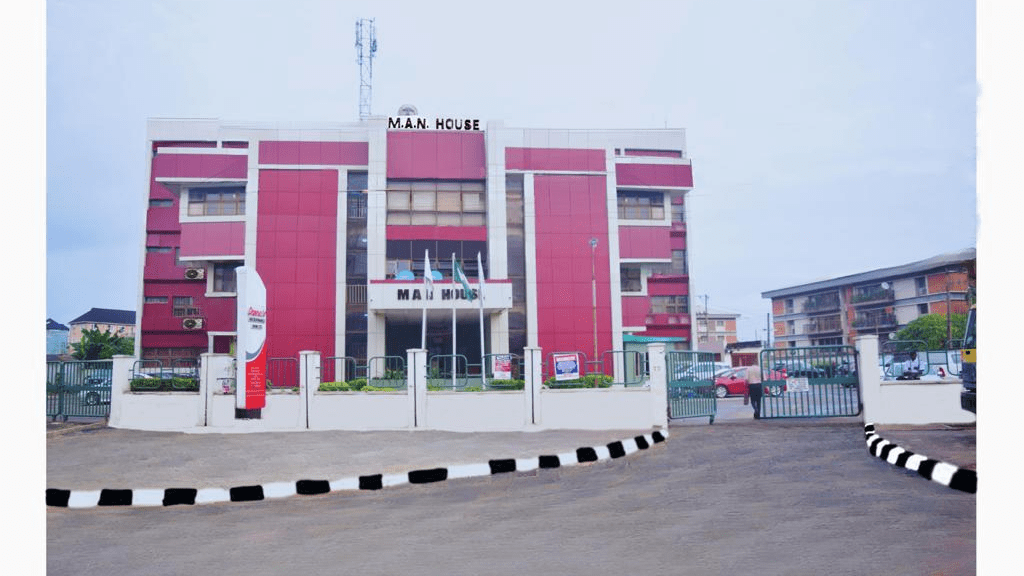Kayode Tokede
The Securities and Exchange Commission (SEC) has disclosed that Nigeria’s non-interest capital market has grown significantly, reaching a valuation of over N1.6 trillion, a milestone it says signals growing investor confidence and deepening participation in ethical finance.
The Director-General of the SEC, Dr. Emomotimi Agama, announced this during a joint press briefing in Abuja, ahead of the 7th African International Conference on Islamic Finance (AICIF), scheduled to hold in Lagos on November 4 and 5, 2025.
The conference, being jointly organised by the SEC, the Metropolitan Law Firm, and Metropolitan Skills Ltd., has as its theme, “Africa Emerging: A Prosperous and Inclusive Outlook.”
It aims to promote ethical financing as a viable tool for building a resilient and inclusive African economy.
Agama, described the upcoming conference as “strategically positioned” to coincide with the conclusion of the Revised Nigerian Capital Market Masterplan (2021–2025), adding that it would serve as a platform for charting the next phase of sustainable financial development across the continent.
“This year’s theme is a call to action, it’s about harnessing ethical finance as a tool to build a more prosperous and equitable Africa,” he said.
According to him, the Nigerian non-interest market has shown remarkable momentum, with Sukuk dominating the sector.
He revealed that the last Sukuk issuance was oversubscribed by over 700 per cent, underscoring the growing investor appetite for non-interest products and confidence in the regulatory framework.
“The non-interest capital market has attained a valuation of N1.6 trillion. The overwhelming subscription to our Sukuk issuances demonstrates strong investor confidence and an expanding demand for ethical financial instruments,” Agama said.
He explained that the enactment of the Investments and Securities Act (ISA) 2025 provides a strengthened legal foundation for non-interest financial products, empowering the SEC to register non-interest collective investment schemes and broaden the range of instruments available to investors.
“The new Act is a game-changer,” he noted. “It modernises our regulatory framework, enhances transparency, and gives investors the confidence needed to engage more deeply with ethical finance.”
Agama stated that the AICIF would feature high-level discussions on unlocking capital for Africa’s infrastructure, green and ethical investments, agricultural financing, and the role of fintech in transforming Islamic finance.
Agama underscored that the AICIF aligns with the government’s broader agenda of promoting sustainability, inclusivity, and transparency in the financial system.
He described ethical finance as a critical component of Nigeria’s long-term economic transformation plan, capable of funding infrastructure, empowering communities, and stimulating small and medium-scale enterprises.
“The 7th AICIF is a premier forum dedicated to advancing non-interest and ethical finance across Africa.
“It represents a shared commitment to building a financial ecosystem that is prosperous, inclusive, and sustainable,” he said.
Also speaking, Managing Partner, Metropolitan Law Firm & Chairman, AICIF 2025 Planning Committee, Ummahani Amin, said AICIF has grown into one of the most important gatherings for policymakers, regulators, investors, scholars, and innovators who share a common goal to advance ethical, inclusive, and sustainable finance in Africa.
She said, “This year, we are especially proud of our strategic partnership with SEC, Nigeria’s highest regulator in the capital market. This collaboration underscores our shared vision to strengthen the Islamic finance ecosystem, deepen investor confidence, and support innovation that aligns with integrity and shared prosperity.
“This year’s conference comes at a critical time — as Africa continues to explore innovative, ethical, and sustainable pathways to finance development.”
She said Islamic finance has proven to be one of the fastest-growing segments of the global financial system, and AICIF provides a unique platform to bring together policymakers, regulators, scholars, investors, and practitioners to shape that future here on the continent.




